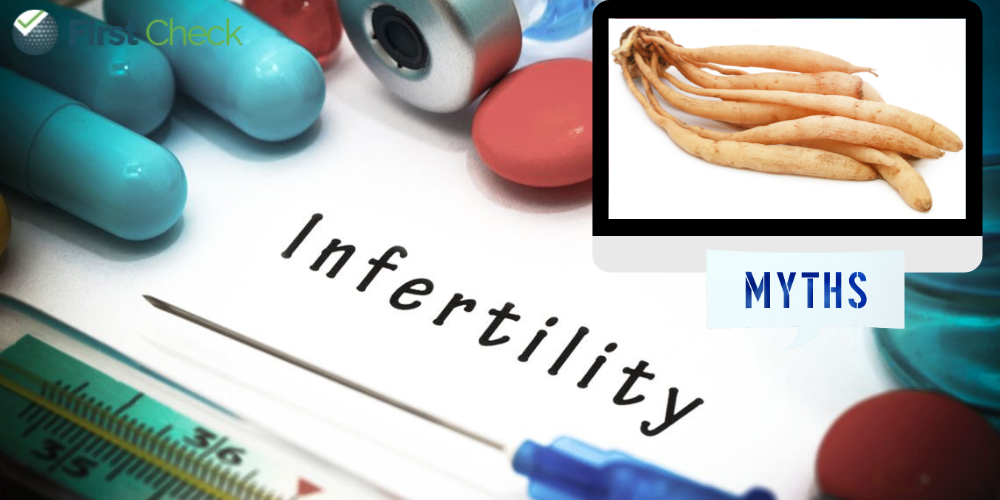FACT CHECK: Zinc deficiency negatively affects male fertility and overall immunity
Fact-checking this claim, we have found that Zinc indeed plays a pivotal role in numerous bodily functions, particularly in male reproductive health
Author
Author
- admin / 9 months

- 0
- 3 min read

Author
CLAIM:
Zinc deficiency negatively affects male reproductive health and overall immunity.
FACT:
Scientific evidence strongly supports zinc’s crucial role in testosterone production, sperm quality, metabolism, and immune function, highlighting its importance for male health.
There are few topics that keep social media abuzz like conversations and posts on fertility- from home remedies to help cure infertility, to magic fixes to increase virility. One of the more recent claim in this ecosystem, is that Zinc is an important mineral for male fertility.
The speaker says, “..the one mineral deficiency that affects testosterone, metabolism, and sperm quality – its count, mobility, and viability, and finally the overall immunity of the body is zinc.”
Fact-checking this claim, we have found that Zinc indeed plays a pivotal role in numerous bodily functions, particularly in male reproductive health. Its impact extends far beyond mere nutrition, influencing crucial aspects such as testosterone production, sperm quality, metabolic processes, and immune system function. Research has consistently shown that zinc deficiency can lead to a cascade of health issues, particularly affecting male fertility and overall well-being.
The relationship between zinc and testosterone levels has been extensively studied, revealing a strong correlation between adequate zinc intake and healthy testosterone production. This connection is vital, as testosterone is the primary male sex hormone responsible for various physiological processes, including muscle mass maintenance, bone density, and libido. Studies have demonstrated that men with zinc deficiency often exhibit lower serum testosterone concentrations, highlighting the mineral’s importance in hormone regulation.
Beyond its effects on reproductive health, zinc plays a crucial role in metabolic processes and immune function. As a powerful antioxidant, zinc helps protect cells from oxidative stress and supports the regulation of various hormones involved in metabolism. This multifaceted role extends to bolstering the immune system, with zinc deficiency known to compromise immune function and increase susceptibility to infections. The mineral’s involvement in these diverse physiological processes highlights its importance not just for reproductive health but for overall well-being. It’s worth noting that the human body cannot store zinc, making regular dietary intake essential for maintaining optimal levels. This fact emphasizes the need for consistent attention to zinc consumption, either through diet or supplementation, to ensure its benefits are fully realized.
For men seeking to optimize their reproductive health and general well-being, ensuring adequate zinc intake should be a priority. Whether through a balanced diet rich in zinc-containing foods or through carefully considered supplementation, maintaining optimal zinc levels can contribute significantly to reproductive success and overall health.










